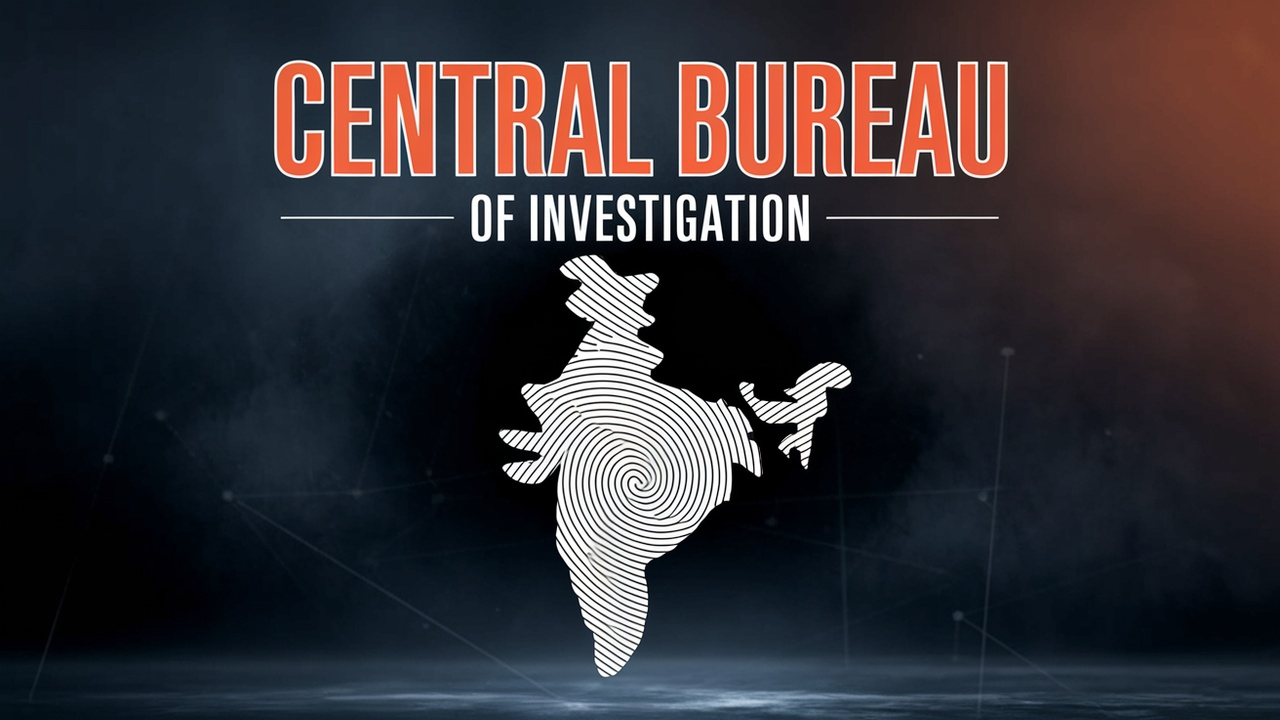CBIC Full Form - Central Board of Indirect Taxes and Customs
by Shashi Gaherwar
0 2429
Central Board of Indirect Taxes and Customs (CBIC): Role, Structure & Importance in India's Tax System
The Central Board of Indirect Taxes and Customs (CBIC) is a pivotal institution in India's financial and administrative landscape. Formerly known as the Central Board of Excise and Customs (CBEC), CBIC is a part of the Department of Revenue under the Ministry of Finance. With the implementation of the Goods and Services Tax (GST) in 2017, the board was renamed to reflect its broader mandate, which now encompasses all major indirect taxes in the country.

This article delves into the origins, statture, functions, and significance of CBIC in maintaining a transparent, efficient, and citizen-friendly indirect tax regime in India.
Origins and Evolution of CBIC
CBIC’s roots trace back to the colonial period, when customs duties were one of the earliest forms of taxation imposed by the British in India. Over time, as the country's economy expanded, the taxation system evolved to include excise duties and eventually the GST. With these transitions, the CBEC was restructured and renamed CBIC in 2018 to better align with its responsibilities in the GST era.
This change was not merely in name. The board’s functions expanded from collecting central excise and customs duties to enforcing GST, managing compliance, and facilitating ease of doing business in India through digital tax administration platforms like GSTN (Goods and Services Tax Network).
Structure of CBIC
The CBIC is headed by a Chairperson, who is supported by several Members specializing in various functions such as GST, customs, legal affairs, IT, and audit. Below the board, there are various field formations and attached offices, including:
- Goods and Services Tax Commissionerates: Oversee GST implementation and compliance.
- Customs Commissionerates: Manage customs duties and trade regulations.
- Directorates: Include units like the Directorate of Revenue Intelligence (DRI) and Directorate General of Goods and Services Tax Intelligence (DGGI).
These formations are spread across the country and function as the operational arms of the CBIC, ensuring effective implementation of tax laws, preventing tax evasion, and handling taxpayer grievances.
Key Functions of CBIC
The CBIC performs a wide array of crucial roles in India’s indirect tax administration. Some of its major functions include:
- Implementation of Indirect Tax Laws: Administers GST (excluding state GST), central excise duty, and customs laws, ensuring nationwide compliance.
- Policy Formulation: Formulates policies for the levy and collection of indirect taxes, contributing to GST Council decisions.
- Customs Administration: Oversees customs duties and trade-related border security, including import/export regulations and smuggling prevention.
- Revenue Collection: Collects a significant portion of India’s tax revenue through GST and customs duties.
- Anti-Evasion and Investigation: Combats tax evasion and fraud through investigative wings like DRI and DGGI.
- Capacity Building and Training: Enhances personnel skills via institutions like the National Academy of Customs, Indirect Taxes and Narcotics (NACIN).
Role of CBIC in GST Implementation
The launch of GST was a landmark reform in India’s taxation history, aimed at unifying the country’s indirect tax structure. CBIC played a central role in this transition by:
- Drafting GST Laws: Developed GST laws, rules, and procedures.
- Developing GSTN: Created the GSTN for electronic filing and returns.
- Taxpayer Education: Facilitated outreach and education for taxpayers.
- Ensuring Compliance: Promoted nationwide compliance through unified enforcement.
CBIC continues to work closely with state tax departments to resolve cross-jurisdictional issues and improve the efficiency of GST collections.
Importance of CBIC in India’s Economy
CBIC’s influence extends beyond tax collection. It plays a crucial role in:
- Ease of Doing Business: Streamlines customs procedures to reduce red tape.
- Promoting Exports: Simplifies import-export documentation to boost foreign trade.
- Enhancing Transparency: Improves tax administration through digitization.
- Ensuring National Security: Prevents illicit goods flow and ensures customs compliance.
Digital Initiatives by CBIC
To keep up with technological advancements and reduce human interface, CBIC has launched various digital tools, such as:
- ICEGATE: Enables e-filing of import/export documents via the Indian Customs Electronic Gateway.
- GSTN Portal: Supports GST registration, return filing, and payments.
- SWIFT: Simplifies clearances through the Single Window Interface for Facilitating Trade.
These initiatives have helped improve taxpayer experience, reduce corruption, and boost revenue collection.
The Central Board of Indirect Taxes and Customs (CBIC) is a backbone of India's indirect tax system. By playing a key role in policy formulation, enforcement, and modernization of tax administration, CBIC ensures that tax collection is efficient, fair, and in line with global standards. As India continues its journey toward a more robust and transparent tax regime, CBIC’s role will only become more crucial.
Further Learning Resources
If you’re passionate about building a successful blogging website, check out this helpful guide at Coding Tag – How to Start a Successful Blog. It offers practical steps and expert tips to kickstart your blogging journey!
For dedicated UPSC exam preparation, we highly recommend visiting www.iasmania.com. It offers well-structured resources, current affairs, and subject-wise notes tailored specifically for aspirants. Start your journey today!

Share:









Comments
Waiting for your comments